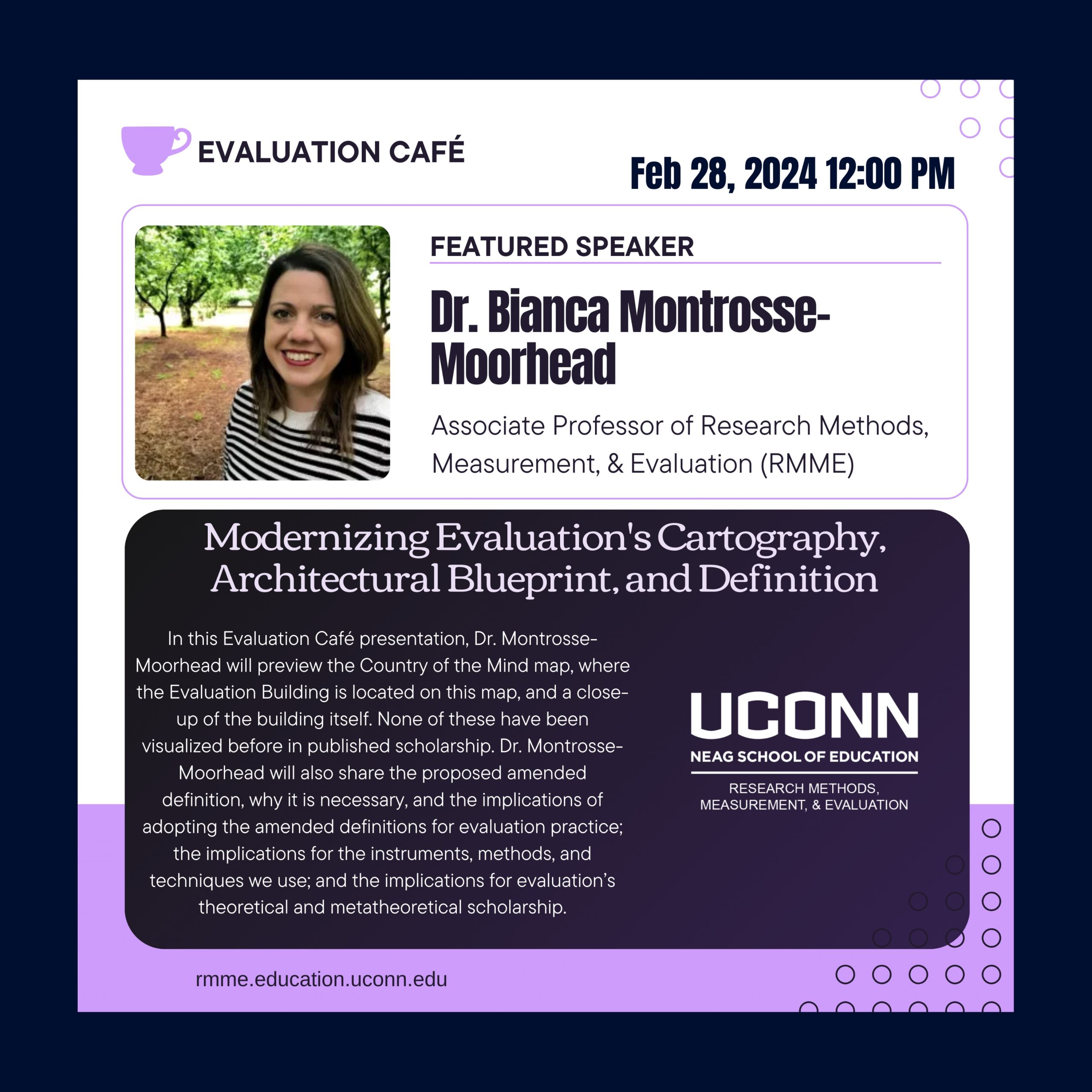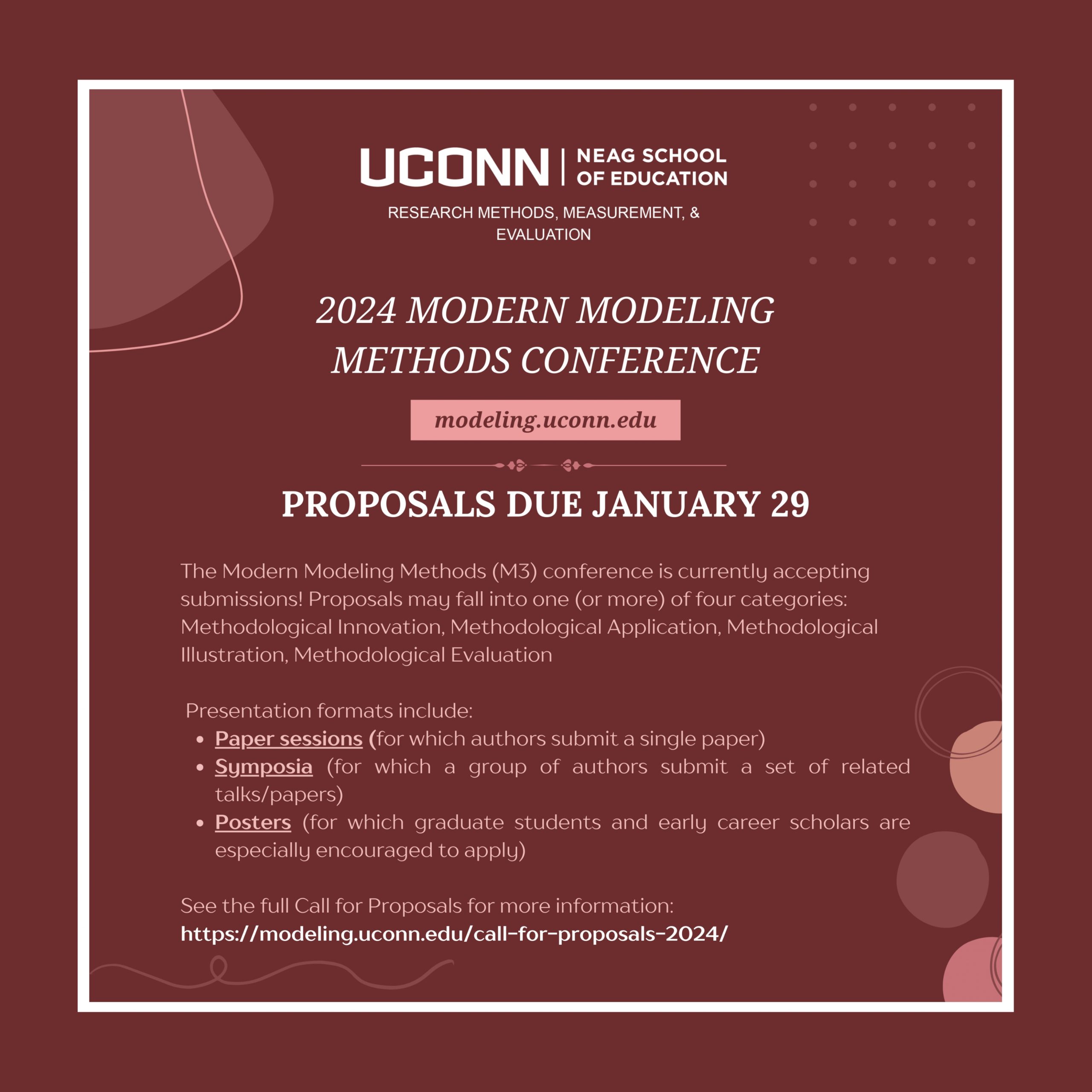RMME/CEPARE Colloquium
Lessons from the Field: Working with Practitioners to Create Opportunities for Educational Research
Dr. Robert Schoen
Florida State University
Friday, April 19, at 11AM ET
Gentry 144
Dr. Robert Schoen is an associate professor of mathematics education in the School of Teacher Education and the associate director of the Florida Center for Research in Science, Technology, Engineering, and Mathematics in the Learning Systems Institute at Florida State University. Dr. Rob Schoen has directed more than one-dozen randomized controlled trials of educational interventions in applied settings. He will share stories and examples about how he decides what research opportunities to pursue and some of the strategies he has used to support successful implementation of those studies over a long period.
*Please contact Dr. Sarah D. Newton at sarah.newton@uconn.edu for access information to remotely attend this talk*
